Introduction
Bamboo shoots, a culinary delight enjoyed across various cultures, offer a unique blend of crispiness and earthiness that enhances the flavor of numerous dishes. Whether stir-fried, pickled, or included in soups and stews, bamboo shoots add a refreshing touch to any meal. However, preparing fresh bamboo shoots properly is crucial to ensure they are both safe to eat and retain their natural sweetness and texture. One of the most fundamental steps in preparing fresh bamboo shoots is boiling them. This process not only helps remove the bitter tannins and toxins naturally present in raw bamboo shoots but also softens them, making them more palatable. But how long should fresh bamboo shoots be boiled? This article delves into the intricacies of boiling fresh bamboo shoots, exploring the factors that influence boiling time, the benefits of boiling, and practical tips for achieving the perfect texture and taste.
Factors Influencing Boiling Time
Several variables determine the optimal boiling time for fresh bamboo shoots. These include the type and age of the bamboo shoot, its size and thickness, and personal preference regarding texture and flavor.
-
Type and Age of Bamboo Shoot: Different species of bamboo produce shoots with varying compositions. Younger shoots, typically found in spring, tend to be more tender and require less boiling time compared to older, more mature shoots harvested later in the season. The younger shoots also have a sweeter, more delicate flavor.
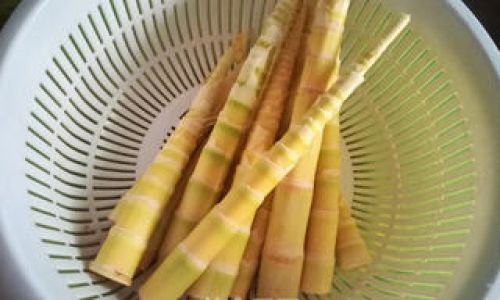
-
Size and Thickness: The size and thickness of the bamboo shoot directly impact the boiling time. Thicker shoots, especially those from mature bamboo plants, will require longer boiling to soften the fibrous tissue. Conversely, thinner, more delicate shoots can be ready in a shorter period.
-
Desired Texture and Flavor: Personal preference plays a significant role. Some chefs and home cooks prefer a slightly crisp texture for their bamboo shoots, while others like them fully tender. Boiling time can be adjusted accordingly to achieve the desired result.
Benefits of Boiling Fresh Bamboo Shoots
Boiling fresh bamboo shoots serves multiple purposes beyond mere cooking. It is a critical step in the preparation process that enhances food safety, improves palatability, and facilitates further cooking methods.
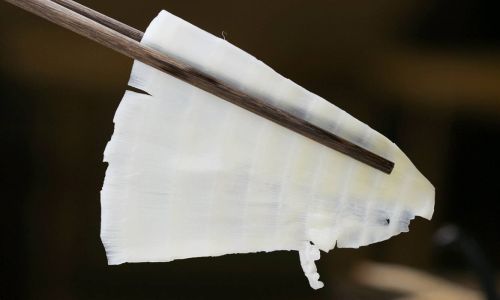
-
Removal of Tannins and Toxins: Raw bamboo shoots contain tannins and potentially harmful substances like cyanides and oxalates. Boiling helps to leach out these compounds, making the shoots safer to consume. The water used for boiling should be discarded to avoid reintroducing these unwanted substances back into the food.
-
Texture Modification: Boiling softens the fibrous structure of bamboo shoots, making them easier to chew and digest. This is particularly important for older, more fibrous shoots.
-
Flavor Enhancement: While boiling may seem like a simple cooking method, it actually helps to develop and enhance the natural flavors of bamboo shoots. The heat brings out their subtle sweetness, creating a more balanced and pleasant taste profile.
-
Preparation for Further Cooking: Boiled bamboo shoots can be used as a base for various cooking techniques, such as stir-frying, steaming, or adding to soups and stews. Boiling primes them for these methods, ensuring they cook evenly and retain their shape.
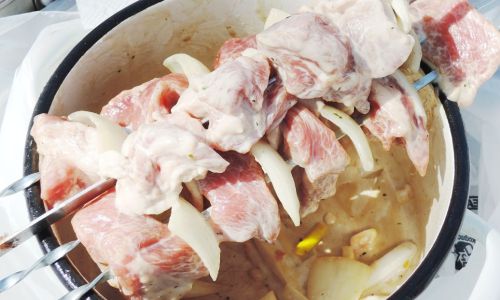
Practical Tips for Boiling Fresh Bamboo Shoots
To achieve the best results when boiling fresh bamboo shoots, follow these practical tips:
-
Preparation: Start by peeling the outer layers of the bamboo shoot to expose the edible portion. Use a sharp knife to remove any tough or discolored areas. Cut the shoot into manageable pieces, depending on its size and your intended use.
-
Soaking (Optional): Some recipes recommend soaking bamboo shoots in water overnight before boiling to further draw out tannins. While this step is optional, it can improve the final texture and flavor.
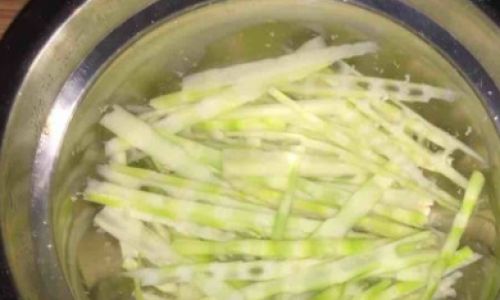
-
Boiling Water: Use plenty of water to cover the bamboo shoots completely. Bring the water to a rolling boil before adding the shoots to ensure rapid heat transfer.
-
Boiling Time: As a general guideline, young, tender bamboo shoots require about 10-15 minutes of boiling. Older, thicker shoots may need up to 30 minutes or more. Test the doneness by inserting a fork or toothpick into the thickest part of the shoot. It should slide in easily without resistance.
-
Changing Water: For particularly bitter or fibrous shoots, you may want to change the boiling water once or twice during the process. This helps to further reduce bitterness and improve texture.
-
Cooling Down: Once boiled, immediately transfer the bamboo shoots to ice-cold water to stop the cooking process. This step also helps to maintain their bright green color and crisp texture.
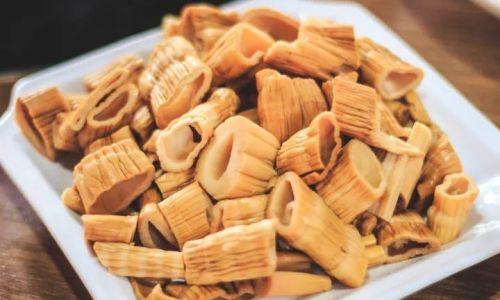
-
Storage: Drain the cooled bamboo shoots thoroughly and store them in an airtight container in the refrigerator for up to a week. For longer storage, they can be frozen.
Conclusion
Boiling fresh bamboo shoots is a fundamental step in their preparation that ensures food safety, enhances flavor, and modifies texture for optimal eating experience. While the exact boiling time varies based on the type, age, size, and personal preference, adhering to general guidelines and practical tips can help achieve consistent results. By carefully monitoring the boiling process and paying attention to detail, you can transform raw bamboo shoots into a versatile, delicious ingredient that elevates any dish. Whether you’re a seasoned chef or a home cook exploring new culinary adventures, mastering the art of boiling fresh bamboo shoots will undoubtedly enrich your culinary repertoire and delight your taste buds.
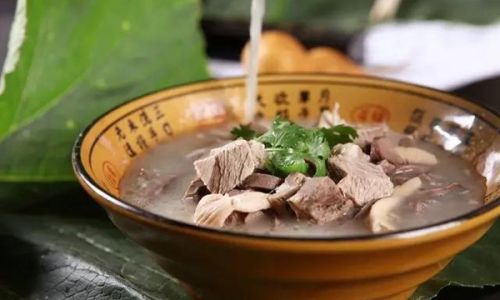
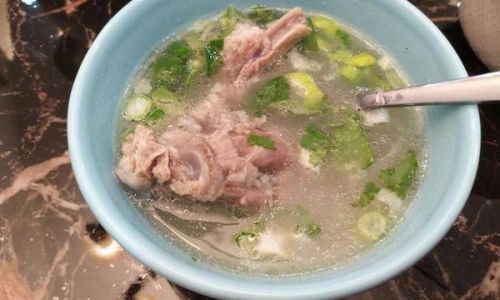
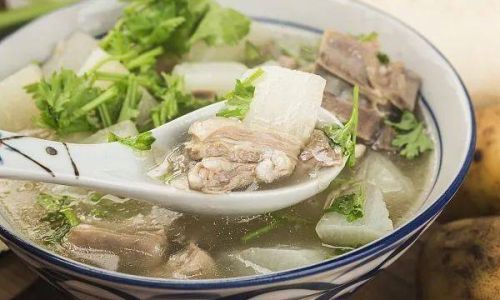


0 comments